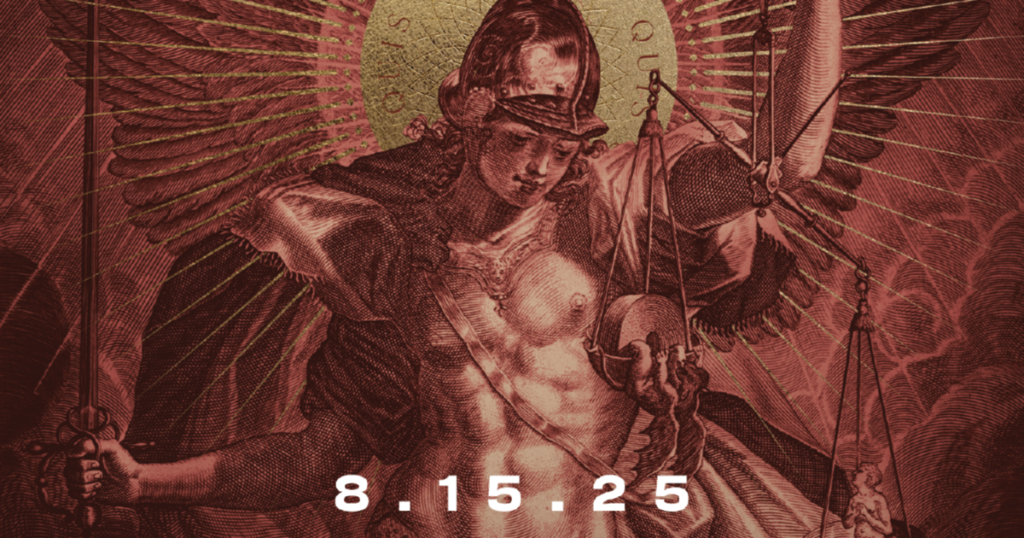So what can we learn from that? What is God trying to teach us by the fact that, our leaders do abandon us on occasion.
Yeah. So I think we can go right to the scriptures. In Galatians, St. Paul tells us that he had to admonish Peter. So our first Pope is, just, maybe a decade or two after the Lord’s ascension.
And Peter’s followed some pretty serious hypocrisy. So he’s saying one thing to the Gentile Christians and he’s playing games with the Jewish Christians and so on, and Paul calls him out. And I think in that example, from the scriptures, and then we see the bad popes of the ages.
It becomes clear to us that when we talk about the infallibility of the Pope and we talk about the success of St. Peter, the victory of Christ, we are not saying that these men are impeccable, so without sin, and regrettably, in some cases, we have to say that there are a lot of areas in their own discipleship, there’s still some work that has to be done. St. Paul tells us we hold heavenly treasures at earthen vessels, right?
So for these great, powerful gifts, these divine heavenly gifts are given to us, but we still have our fallen nature. And that includes even even the Popes. And so regrettably, some men who have that office have not responded to the call of discipleship. They’ve been terrible disciples, even as they have remained intact as the spiritual father of the Christian faith.
If we put the betrayal of Peter alongside of Judas’s betrayal of our Lord, what can we learn from that? Just personally, not speaking about even Popes and whatnot, when we’re thinking of our own sinfulness and weakness and the times that we portray our Lord, and there may be times when we feel like giving up or we may be tempted to despair, what can we learn in this contrast between Peter and Judas?
Yes. So first we have to remind ourselves that it had not been Judas’s betrayal, which was first and foremost. If that had not happened, then the greatest betrayal would have been Peter’s betrayal. That as chief apostle, friend of our Lord, his betrayal was pretty severe, and if we look at these two, so we have Peter and Judas, both denied the Lord.
Of course, Judas, willfully deceived and manipulated the Lord and, was treacherous and so on. Obviously, Judas is, there’s more to say about Judas, but both of these men at the end have denied the Lord, did deny the Lord. And what do we see in terms of their response?
Well, Peter, we’re told, he goes out, the Lord looks at him during his passion, right? He’s there in the courtyard of the high priest. And as Peter sees the Lord look at him; we are told by St. Luke that Peter goes out and as the cock is crowing, he begins to weep bitterly. So he is very much repentant, very much seeking reconciliation with the Lord.
Judas, on the other hand, a similar sin falls into despair refuses to accept any graces of conversion, does not, is not willing to even come to the awareness of God’s love for him. And regrettably the scriptures tell us that he went and hung himself. We have these two responses, and I, of course, I would say that, in both cases, the love that the Lord Jesus had was the same.
And the only difference is the response of these, the different responses of these two men. What’s interesting is in the mystical tradition, and we always have to be careful of the mystical tradition because it’s purposely mystical, right? So sometimes the dogmatic tradition just scratches its head with the mystical tradition.
So we don’t know what they’re talking about, which is great, right? I think it’s like a dose of humility, but the mystical tradition tells us that the one apostle that was most dear to the heart of our Lord during his passion. It was Judas, that the Lord carried Judas in his heart and not simply Judas, but everyone who would struggle with that level of despair like Judas through the ages.
That someone feels unloved, irredeemable . . . that’s a living of hell on earth. And so certainly the Lord does not want us to be in that place. He calls us his love is abundant. His mercy is unimaginable. So we should readily fly to him and ask for grace.





